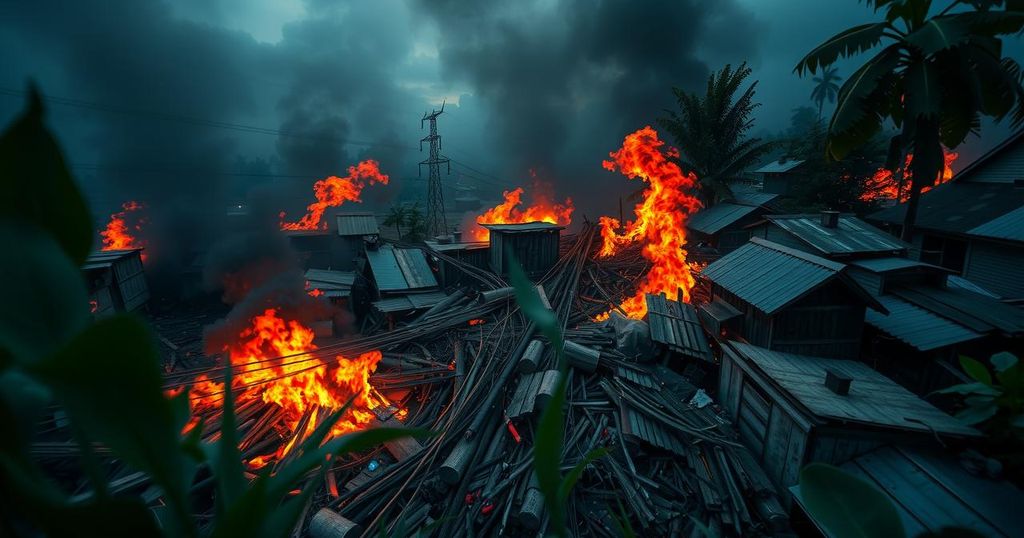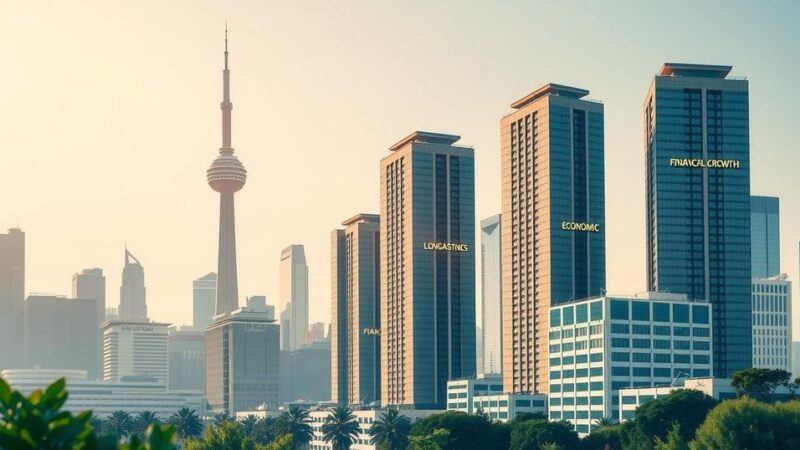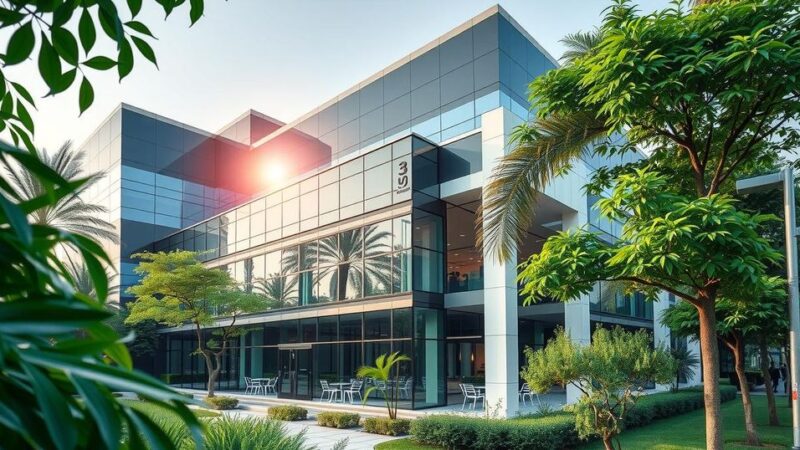The Democratic Republic of Congo is facing an ongoing conflict driven by historical grievances, political instability, economic exploitation of natural resources, and ethnic tensions. Since independence in 1960, the country has struggled with poor governance and foreign interventions. The humanitarian impact is severe, with millions displaced and rampant human rights abuses prevalent. Addressing these issues requires justice for victims, humanitarian aid, and enhanced civil society engagement to end the cycle of violence and pave the way for lasting peace.
The Democratic Republic of Congo (DRC) is engulfed in a complex and protracted conflict rooted in historical grievances, political turmoil, and an abundance of natural resources. Since gaining independence from Belgium in 1960, the DRC has experienced a continuous cycle of violence driven by ethnic tensions, political rivalries, and corruption. The ongoing conflict has particularly intensified in the eastern regions, where over a hundred active armed groups operate, often motivated by the need to protect their communities amid the country’s longstanding instability. The key factors fueling the conflict include poor governance, ineffective management of the post-colonial state, and competition over land and natural resources. Additionally, longstanding divisions between ethnic groups, which can be traced back to colonial practices of ‘divide and rule’, exacerbate tensions within the DRC. Moreover, the country’s vast wealth in minerals such as coltan and gold serves as both a temptation and a source of conflict, with many armed factions financing their operations through the exploitation of these resources. Throughout its history, the DRC has suffered from weak governance, particularly under Mobutu Sese Seko’s regime, which spanned from 1965 until his overthrow in 1997. Following this period, ongoing local and regional conflicts have hindered the state’s ability to provide essential services and maintain security, further incentivizing individuals to join militant groups. Additionally, foreign interventions by neighboring countries such as Rwanda and Uganda have compounded the DRC’s challenges, notably following the 1994 Rwandan genocide. The consequences of these conflicts on the Congolese populace are devastating. The DRC is currently experiencing one of the largest humanitarian crises globally, marked by mass displacement, rampant sexual violence, and significant poverty. Over 6 million people are estimated to have died from conflict and its resulting consequences since 1998, highlighting the extensive human cost of the ongoing unrest. Ending the violence in the DRC necessitates a multi-faceted approach, including upholding justice and accountability for perpetrators of war crimes, providing humanitarian relief, and empowering civil society. The path to peace will require acknowledgment of historical injustices and reparations for victims to address the deep-seated wounds caused by decades of conflict. Only through these measures can the DRC hope to break the cycle of violence that has plagued its history.
The Democratic Republic of Congo (DRC) has a history rife with violence and unrest stemming from its colonial past and subsequent struggles for power and resources. Post-independence, the DRC has endured a series of conflicts primarily motivated by ethnic divisions and competition over its vast natural resources. The legacy of colonialism, particularly the arbitrary drawing of borders and the practice of divide and rule, has contributed significantly to the ethnic tensions that exist today. Additionally, foreign interventions and the rise of various armed groups looking to capitalize on the destabilized state have further complicated the conflict landscape. The DRC is home to abundant mineral wealth, yet these resources have been both a blessing and a curse, providing funding for armed groups while exacerbating violence and human rights abuses. The impact on the civilian population has been catastrophic, characterized by displacement, sexual violence, poverty, and a humanitarian crisis that demands urgent attention.
In summary, the ongoing conflict in the Democratic Republic of Congo is a multifaceted issue deeply rooted in historical injustices, ethnic rivalries, and competition over valuable resources. The legacy of colonial manipulation and ineffective governance has led to widespread instability and violence. To ameliorate the suffering of the Congolese people and foster lasting peace, comprehensive strategies involving justice for victims, humanitarian assistance, and an empowered civil society must be prioritized.
Original Source: www.amnesty.org






